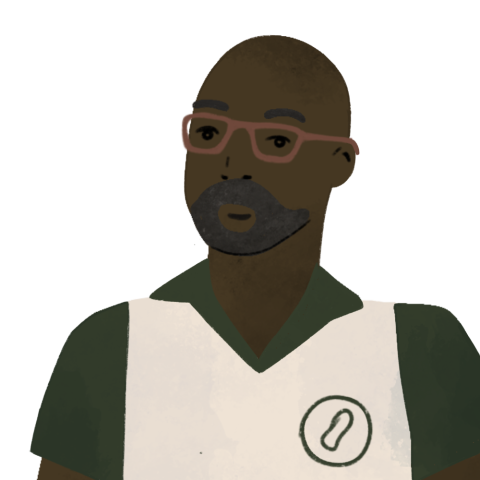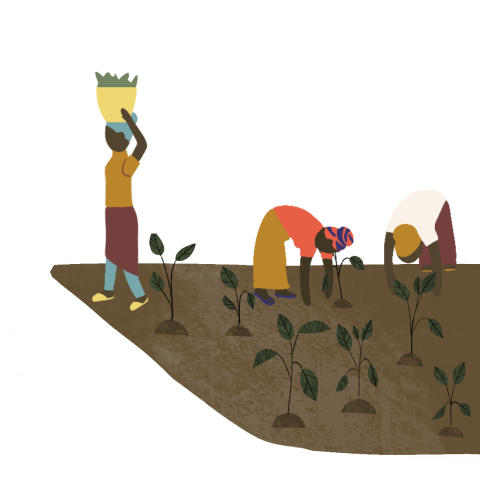This is the story of Malick Ba from the Senegalese organisation Symbiose, who turned to leading organisations in the field of sustainable agriculture to tackle a problem he could not solve on his own.
Sustainable development
Malick Ba is the Executive Secretary of Symbiose, an organisation supporting community development in Senegal. Symbiose assists local authorities in the elaboration and implementation of local development policies. This happens in cooperation with the residents of the department of Nioro du Rip, who are experienced in supporting grassroots development.

Excessive use of chemical fertilisers
Malick and his team saw that most farmers used chemical fertilisers. As Symbiose is striving to promote sustainable agriculture, this was a problem: the use of chemical fertilisers and pesticides to grow cereals and vegetables destroys the soil and is harmful to the farmers' health.
In order to offer acceptable alternatives to the residents of Nioro du Rip, Malick searched for new approaches that are easily accessible and applicable.
We knew that we didn't have a local solution
Malick finally applied for a horizont3000 Learning Visit. This tool enables partner organisations to visit other organisations within the horizont3000 network and their projects in order to learn from their practice and methods applied.
This gave Malick and his team the opportunity to visit and learn from five organisations in Burkina Faso and Togo that are leading the way in the field of agroecology.

"It was an inspiring exchange visit to Burkina Faso and Togo"
After seeing the approaches and successes of colleagues in Togo and Burkina Faso, Malick came up with the idea of an agroecology pilot project in Senegal: field schools were set up to promote action research through learning by doing and observation.
The schools aim to raise awareness about the problems of agriculture in general and the solutions that agroecology can provide, particularly in relation to soil degradation and fertilisation.

Today...
Through Malick's and Symbiose's work, entire communities are now using methods like assisted natural regeneration, conservation farming, compost production, and Zaï, a technique to restore degraded dry lands and increase soil fertility.
Having experienced the value of exchanging knowledge, they have set up a Community of Practice and are committed to share their experience with others.
